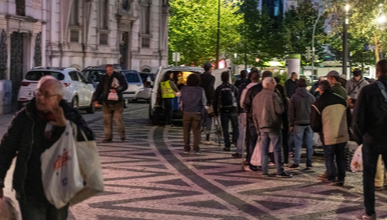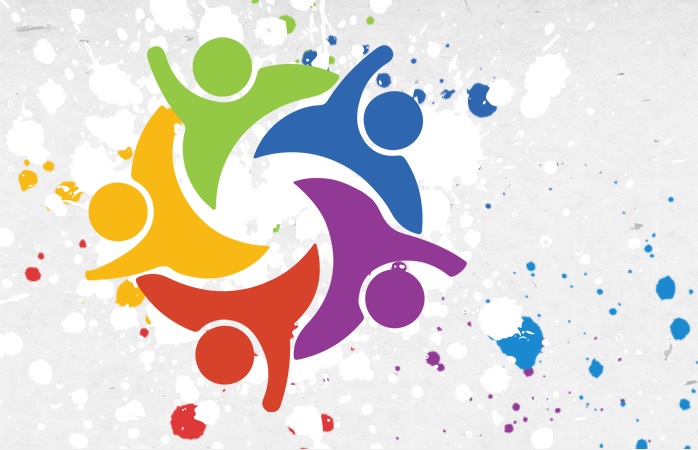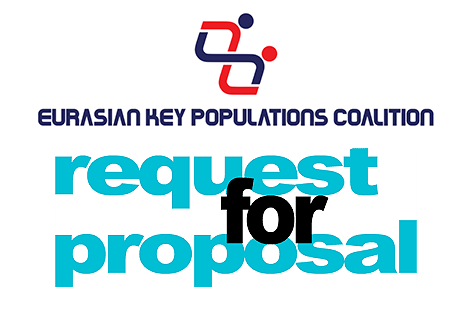 Eurasian Harm Reduction Association asks you to help us urge the Members of the Parliament – the Seimas of Lithuania – to support the drug policy changes (decriminalization project) in Lithuania and sign the attached letter.
Eurasian Harm Reduction Association asks you to help us urge the Members of the Parliament – the Seimas of Lithuania – to support the drug policy changes (decriminalization project) in Lithuania and sign the attached letter.
Until January 2017, possession of psychoactive substances in small amounts in Lithuania was considered an administrative offence, regulated by the Code of Administrative Offences and as a criminal offence, regulated by the Criminal Code. There were so-called legal collisions (conflict of laws).
In January 2017, procurement and possession of a small amount of an illicit drug with no intent to distribute became an offence punishable by community service, restraint of liberty, a fine or arrest. The same offence involving more than a defined small amount, became a criminal offence punishable by up to two years in prison.
Over the past 3 years alarming indicators have shown that drug policy in Lithuania is focused only on criminalization of people who use drugs and possess small amounts of drugs without intent to distribute them. For example, possession of illicit substance in small quantities without intent to supply accounted for 77% of all drug related offences committed in 2019. 63 % of the offenders were under the age of 29. Between 2014 and 2019 there was an increase by 53,9% of drug laws related offences without intent to distribute. Each year, about 750 people are serving a custodial sentence in prisons, which costs Lithuania around 10,5 million Euro per year. In 2019, 21,7% of all inmates were officially diagnosed with mental and behavioral disorders due to drug use. While in prisons there are no harm reduction services, and limited access to OST.
At the moment, the Seimas of Lithuania is considering decriminalization of small amounts of drugs without intent to distribute them. Civil society from Lithuania is looking for an international community support.
If your organisation wishes to support the letter, please fill in this form before 9th May (by midnight, Vilnius time). The letter will be sent to the Members of the Seimas before the final hearings.
Feel free to share this email with other organisations which may be interested in supporting the initiative!
In case you have any questions, do not hesitate to contact eliza@harmreductioneurasia.org.






 The Global initiative against transnational organised crime (
The Global initiative against transnational organised crime ( To read the report,
To read the report, 





